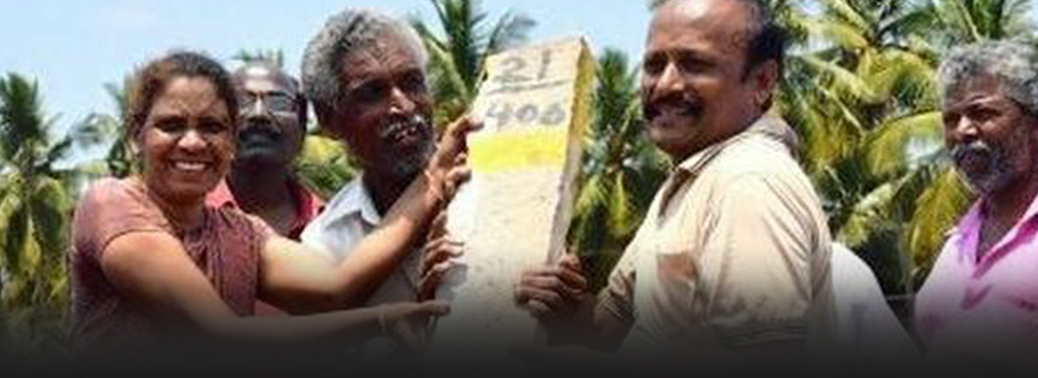STAY VERDICT ON CHENNAI-SALEM HIGHWAY FORTHWITH, NHAI URGES SC
02, Jun 2019

Prelims level : Rights Issues
Mains level : Government policies and interventions for development in various sectors and issues arising out of their design and implementation
Why in news:
- The National Highways Authority of India (NHAI) has told the Supreme Court that the Madras High Court’s order quashing land acquisition notifications for the proposed Chennai-Salem eight-lane greenfield expressway would act as a deterrent for other infrastructure projects planned across the country under the Bharatmala Pariyojana
-Phase I.
Details:
- NHAI Contends that the High Court had given an erroneous finding that environmental clearance must be obtained even before acquisition of lands and not just before construction of the highway.
- NHAI claimed that such a finding would indefinitely delay all ongoing as well as future infrastructure projects in the country and consequently cripple economic activities.
- The NHAI said that the objective of Bharatmala Pariyojana was to improve efficiency of freight and passenger movement across the country by bridging critical infrastructure gaps through development of economic corridors, feeder routes, border and international connectivity roads and Greenfield expressways.
Project proposal:
- The Chennai-Salem greenfield corridor is a 277.3 km long, 8-lane highway project, proposed to connect Salem to Chennai. The proposed highway passed through Kanchipuram, Tiruvannamalai, Krishnagiri, Dharmapuri and Salem districts of Tamil Nadu. This is an agrarian region comprising reserved forest areas and several industrial zones. A feasibility study for the project pegged the total cost at Rs 9,106 crores.
- In addition, a tentative cost for rehabilitation and resettlement had been worked out to Rs 415 crores.
Objective
- There are three existing routes between Salem and Chennai:
- Ulundurpet to Chennai
- Walajah to Chennai
- the Chennai – Tiruvannamalai – Harur – Salem routes
- The government argues that the first two existing stretches are facing abnormal delays due to increasing traffic volume.
- The second stretch may not reduce travel time even if a bypass route was introduced.
- Thus, a direct Salem – Chennai highway may be the only solution to ease traffic and reduce the travel time. It was stated that the corridor would mostly involve drylands, but the land acquisition cost may not be very high when compared to the benefits.
- A subsequent feasibility report noted that the project is expected to generate development and employment in the towns along the route.
- Hence, considering the business potential and other benefits, the centre is said to have
approved the proposal and called it “Green Express Way Corridor”.
Impact
- The farmers feared that the project would destroy the most productive farmlands in Kancheepuram and Tiruvannamalai districts.
- It will have a huge impact on the environment and water bodies in the area.
- The court order also raised questions about a vulnerable reserve forest stretch near the project alignment. The court also based its judgment on major flaws in the project report submitted by a private consultant. Given the above drawbacks, the HC scrapped the feasibility study report which said the project would generate employment opportunities and lead to development.






